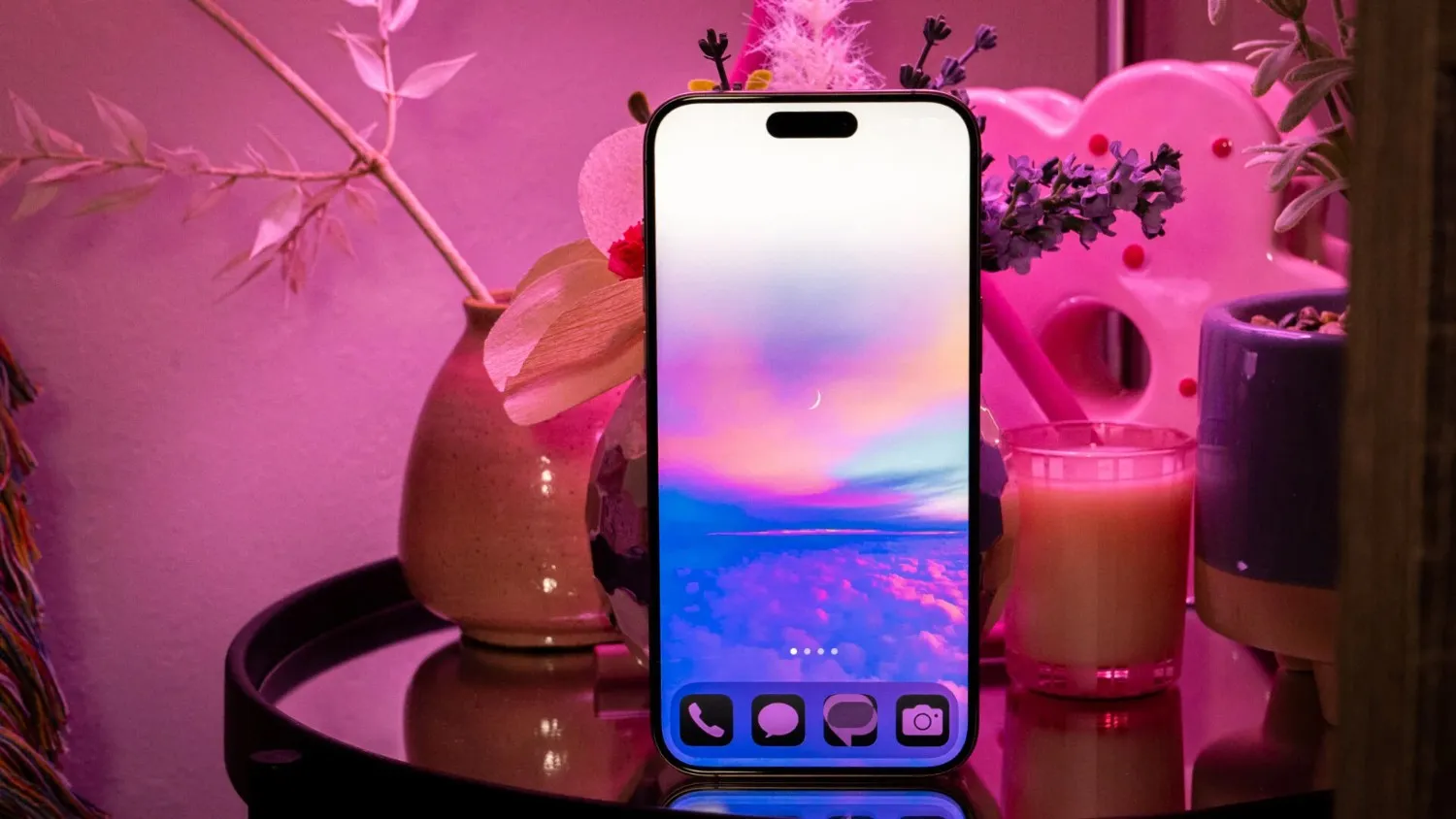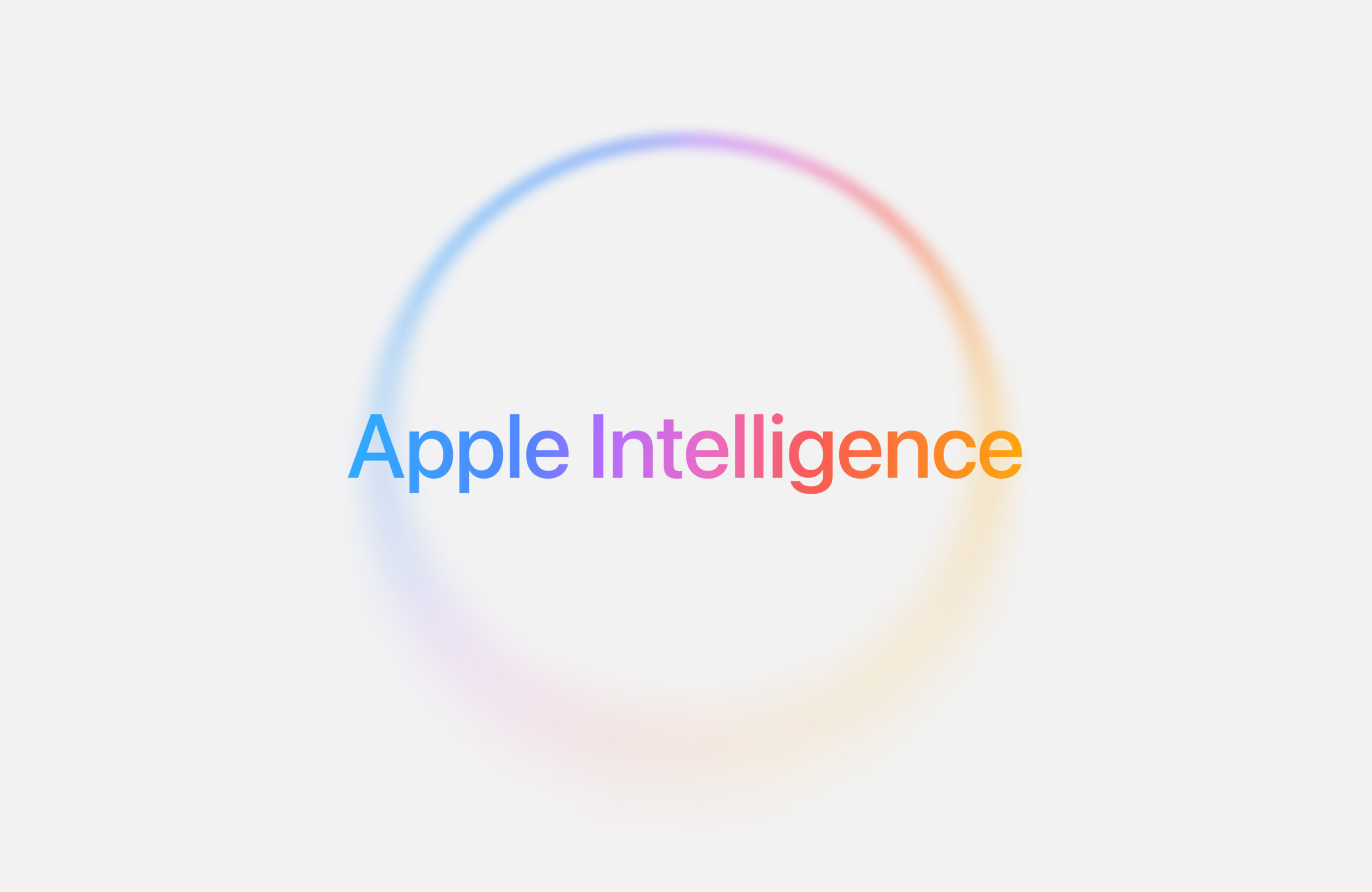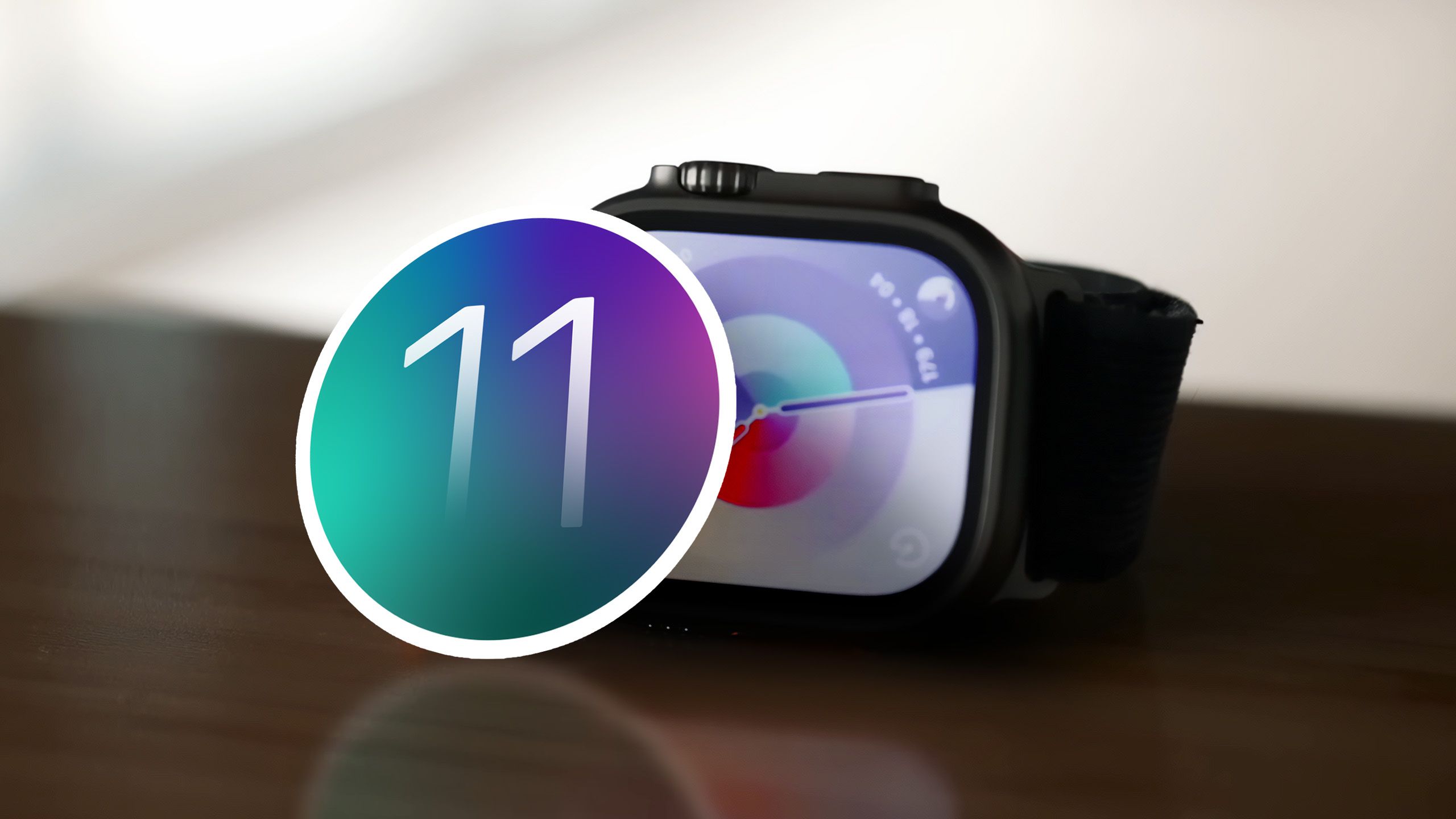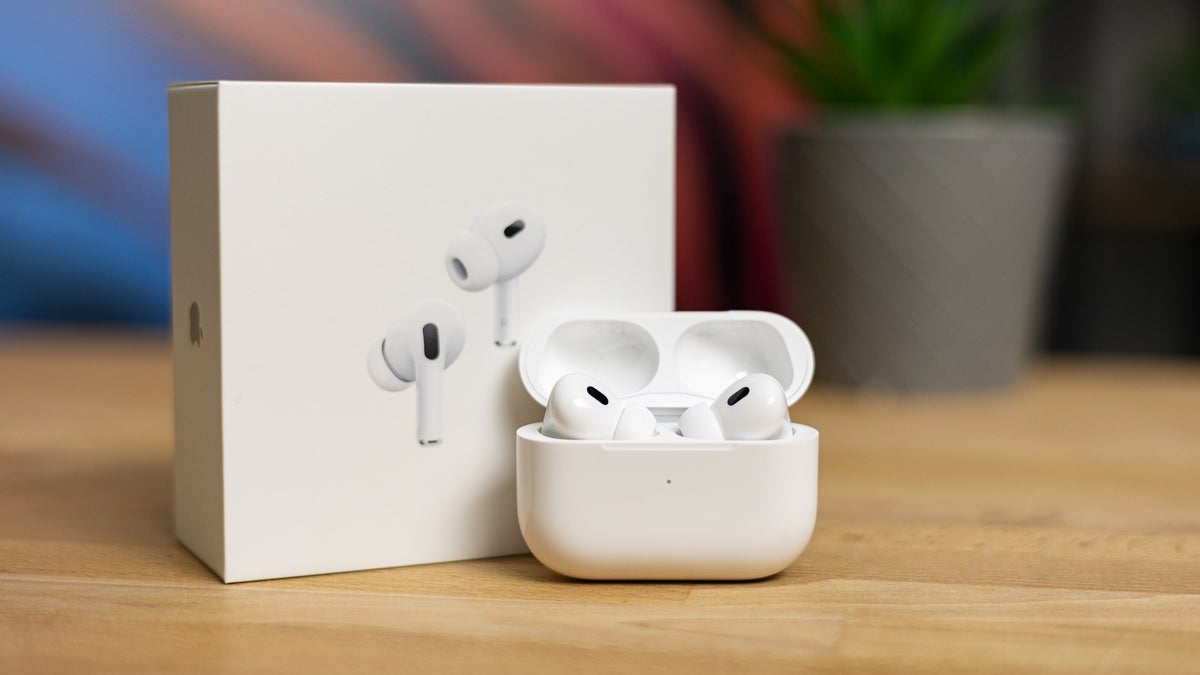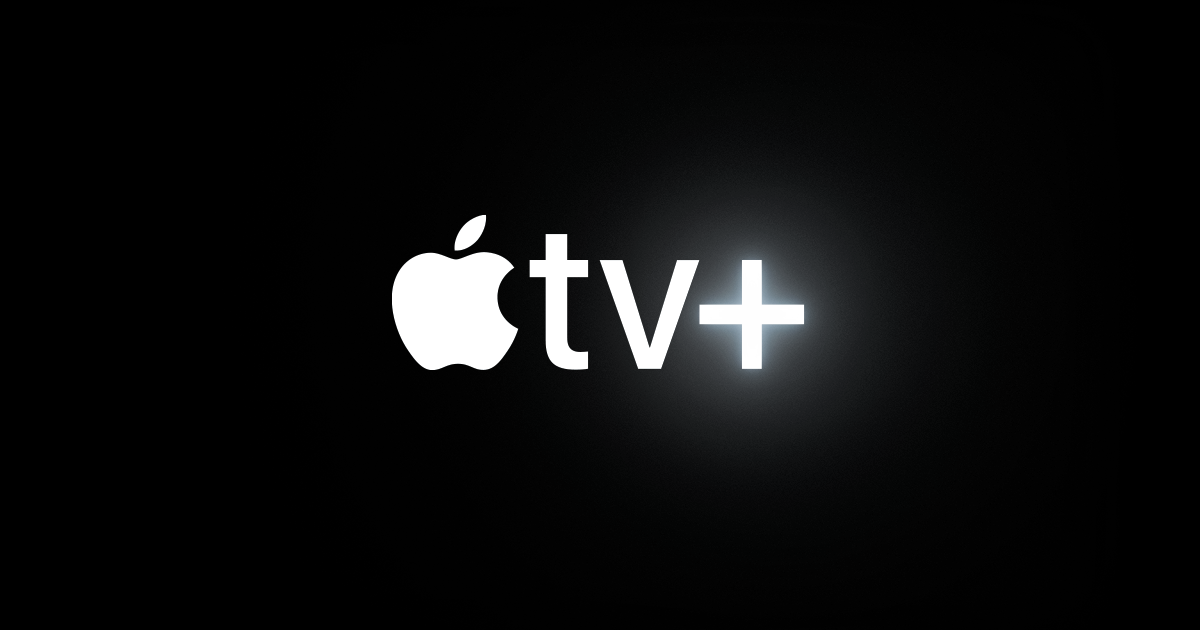Apple is getting ready to improve the iPad experience with iPadOS 19 by adding a menu bar like the one found on Macs. This new feature is expected to make it easier for users to multitask and switch between tools while using apps — something that has been a bit of a struggle on iPads compared to Macs.
Right now, iPads rely on toolbars and buttons within each app, which can make it hard to quickly access important options. With iPadOS 19, Apple may place a system-wide menu bar at the top of the screen, just like on Mac computers. This would give users faster access to app functions and settings without crowding the screen.
Developers might also get tools to customize the menu bar for their apps, allowing a more organized and cleaner layout. The feature could help make the iPad feel more like a true productivity device, especially when using a keyboard and trackpad.
This change is part of Apple’s bigger plan to make iPads more useful for work. iPadOS 19 is expected to be announced at WWDC 2025 in June, and more details about the menu bar and other features will likely be shared at that time.
Overall, this update could fix long-standing issues with multitasking and give users a smoother, more desktop-like experience on iPads.


